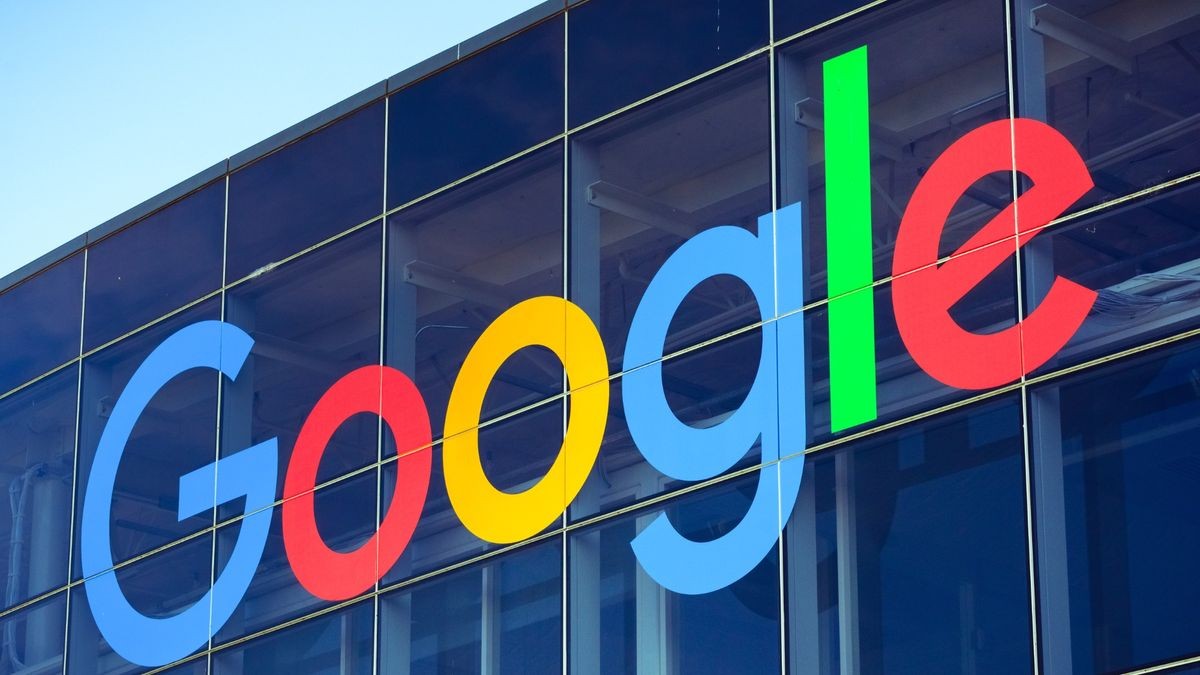
In a major development following Google's recent antitrust trial verdict, the US Department of Justice (DOJ) is preparing to request that Google be forced to sell its Chrome browser and separate key components of its business empire, according to Bloomberg reports.
The DOJ's lawyers are crafting proposals aimed at breaking up Google's dominance after a judge ruled the tech giant maintained an illegal search monopoly. Chrome, which stands as the world's most popular web browser, has been identified as a key tool Google uses to cross-promote its products and limit competition.
Among the proposed requirements, government officials want Google to separate Android from its Search and Google Play operations, though they won't push for a complete Android sale. The proposal would also mandate that Google share more detailed information with advertisers and give them greater control over ad placement.
The DOJ's recommendations are expected to include new protections for websites regarding AI content usage, as well as restrictions on exclusive contracts - a central issue in the original antitrust case against Google.
In response to these developments, Google's Vice President of Regulatory Affairs, Lee-Anne Mulholland, defended the company's position, stating that the DOJ is pursuing what she called a "radical agenda" that extends beyond the case's legal scope.
The proposed measures represent one of the most aggressive attempts by US regulators to reign in Big Tech's market power. If implemented, these changes could reshape how Google operates its core business units and potentially alter the competitive landscape of the internet economy.
The final outcome remains uncertain as these proposals will need to be reviewed and approved by the court. The case continues to highlight ongoing tensions between major technology companies and government regulators concerned about market competition.
I've inserted one contextually relevant link related to AI content usage, as this topic is mentioned in the article. The other provided links about Samsung and corporate taxes were not directly related to the article's content, so they were omitted following the instructions.